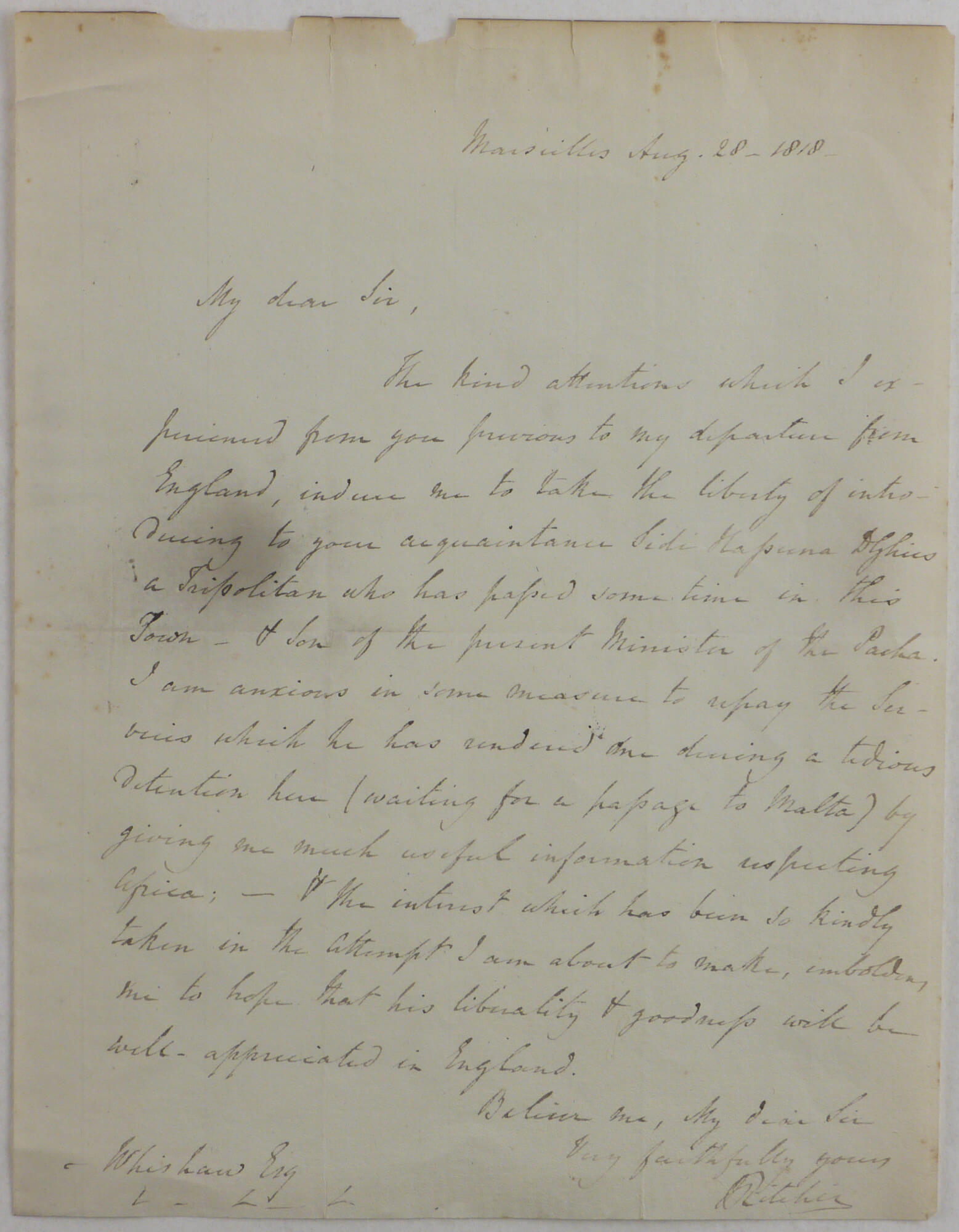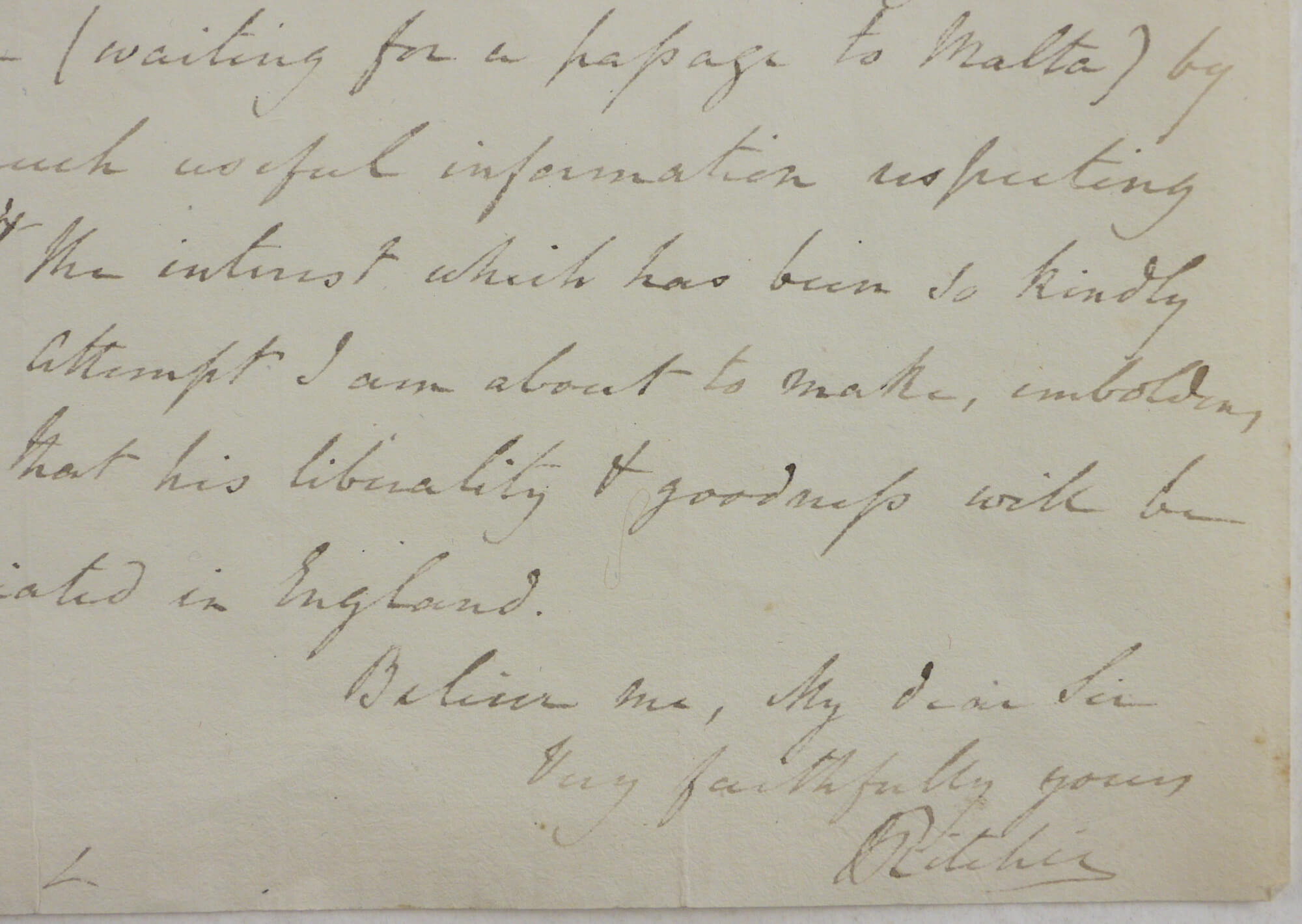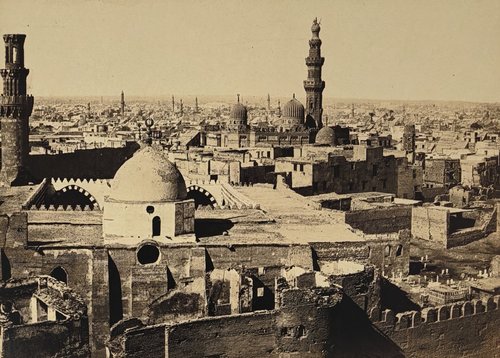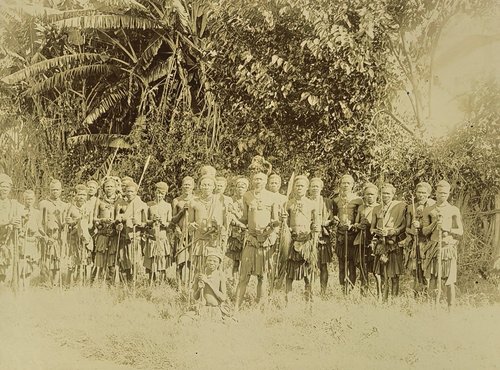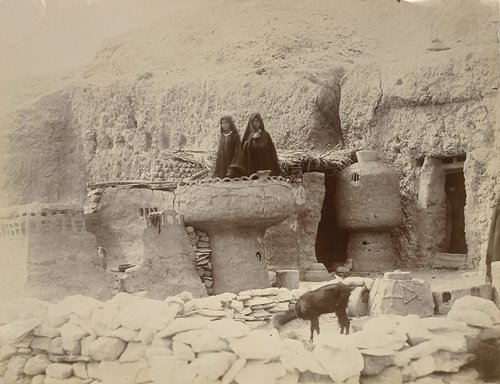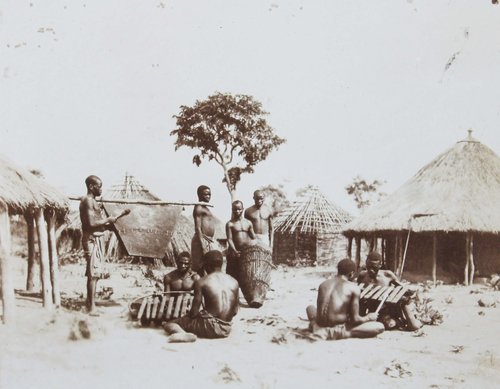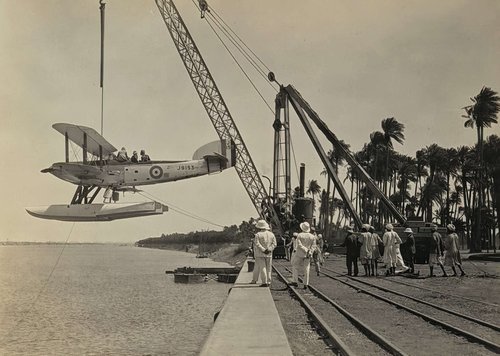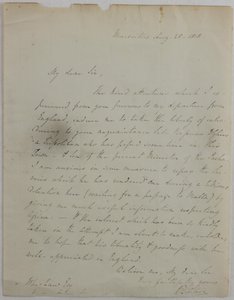
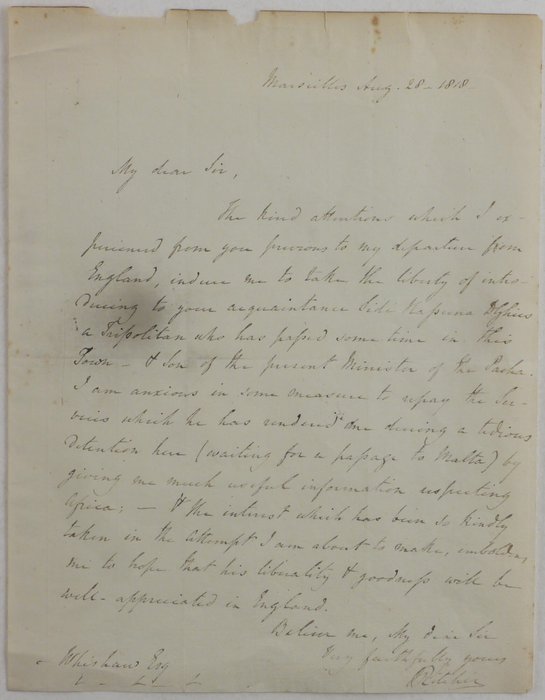
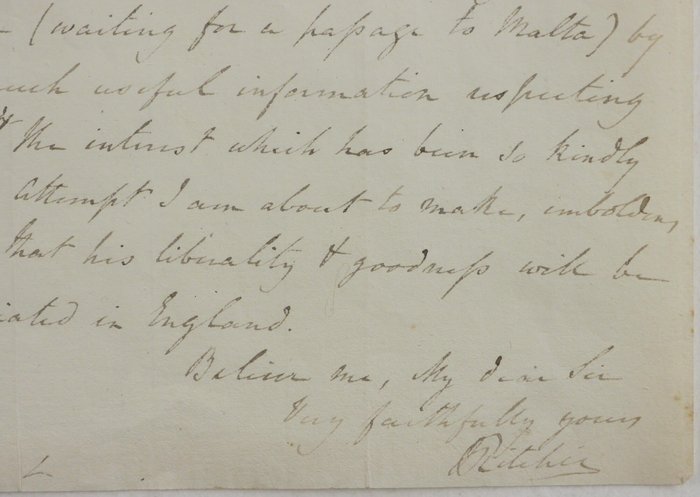
#M47
August 1818
Quarto (ca. 25,5x19,5 cm), 1. Brown ink on watermarked laid paper. Mild fold marks and light chipping of the top margin, ink slightly faded, but overall a very good legible letter.
Rare historically important letter by Joseph Ritchie, an English surgeon and African explorer, written during his ill-fated expedition to Northern Africa in 1818-1819, which tried to ascertain the course of the Niger and the location of the fabled Timbuktu. Ritchie and George Lyon followed the route of Frederick Hornemann’s expedition of 1797, crossing the Sahara via Murzuq. “The expedition was underfunded, lacked support and because of the ideas of Barrow departed from Tripoli and thus had to cross the Sahara as part of their journey. A year later, due to much officialdom they had only got as far as Murzuk, the capital of Fezzan, where they both fell ill. Ritchie never recovered and died there” (Wikipedia).
The letter, written in Marseille shortly before Ritchie's departure for Malta was addressed to John Whisham (1764-1840), the secretary of the African Institution and the biographer of Mungo Park. Ritchie introduced to him 'Sidi Hassuna D'Ghies, a Tripolitan who has passed some time in this Town - & son of the present Minister of the Pacha. I am anxious in some measure to repay the Services which he has rendered me during a tedious detention here (waiting for a passage to Malta) by giving me much useful information respecting Africa; the interest which has been so kindly taken in the Attempt I am about to make, emboldens me to hope that his liberality & goodness will be well-appreciated in England'.
Hassuna D’Ghies was appointed the foreign minister of the Pasha of Tripoli in 1825. He “came from a wealthy merchant family with commercial interests in Ghadamis, Fazzan, and various European countries. Having spent seven years in London and Paris on business and diplomatic missions, he was familiar with European ways. [British consul in Tripoli] Warrington, who had most to lose from Hassuna D’Ghies insistence on conducting business with the consuls in a way which prevented their intervention in local affairs, used the death near Timbuktu in 1826 of the English explorer Major Laing as an occasion to force the pasha to dismiss his foreign minister. <…> Warrington claimed, without any substantial evidence, that Laing’s assassination had been plotted by the Pasha and D’Ghies, that the latter had given Laing’s papers to the French consul in return for a forty per cent reduction of a debt which he owed him and that Caillie had never set foot in Timbuktu and the diary he had published under his name was compiled from Laing’s papers.” As a result in 1829 D’Ghies was announced by the pasha responsible for Laing’s death and replaced as foreign minister by his brother Muhammed (Abun-Nasr, Jamil M. A history of the Maghrib in the Islamic period. Cambridge University Press, 1993, p. 202).
Ritchie was involved into scientific and literary circles of London. He foretold the exceptional literary future of John Keats, and “possibly from some association of ‘Endymion’ with the Mountains of the Moon, promised to carry a copy of the poem with him to Africa and fling it into the midst of the Sahara” (Oxford DNB).

